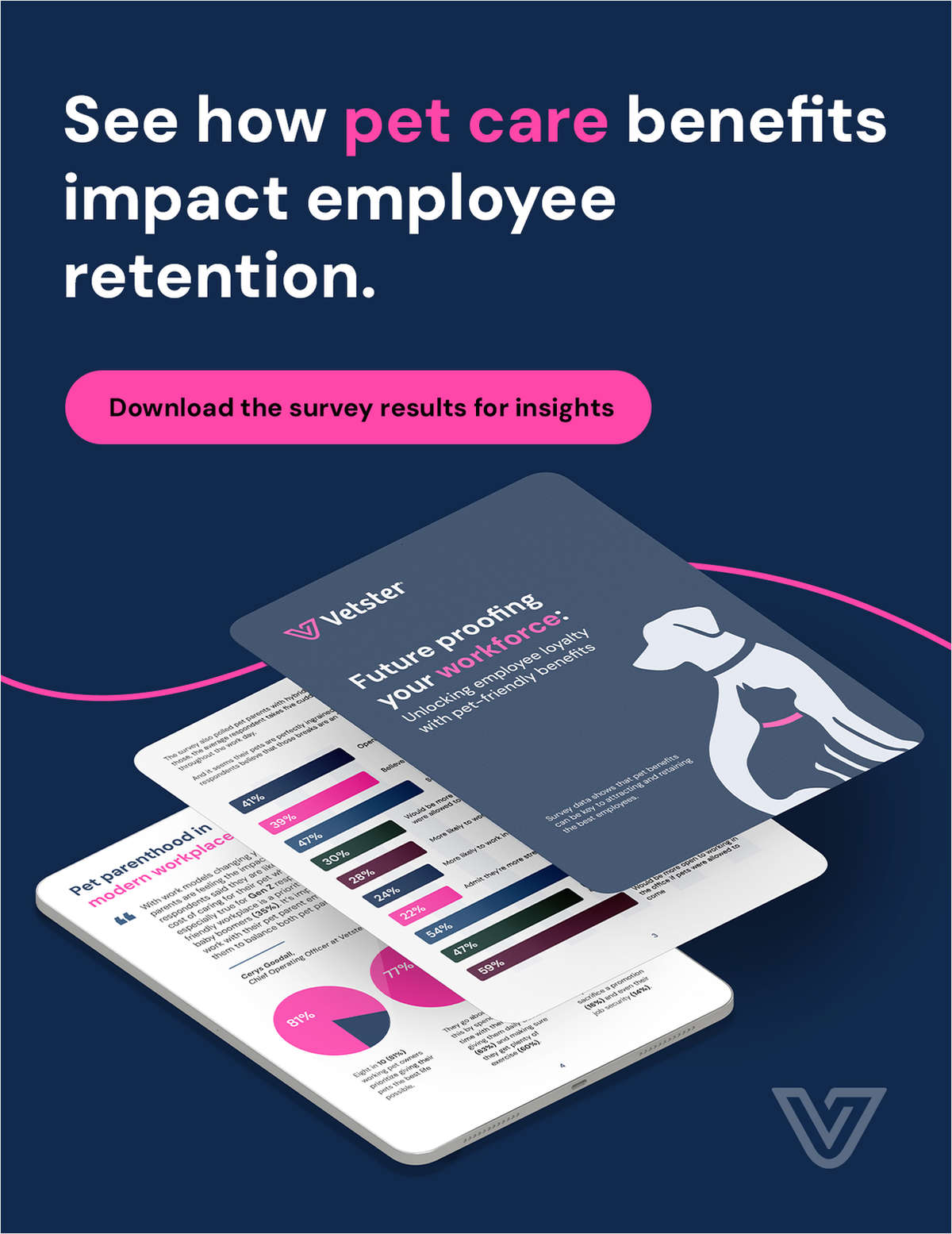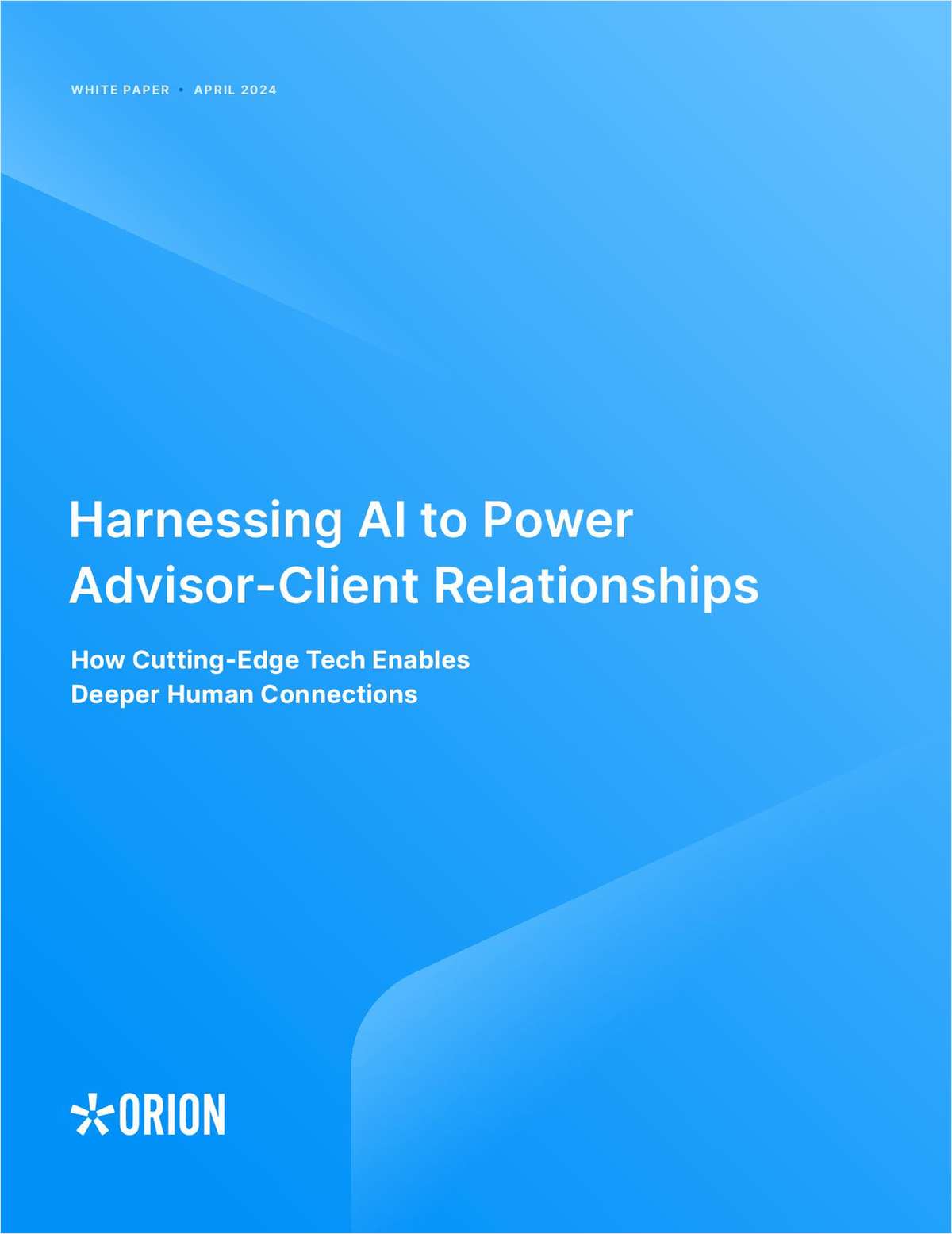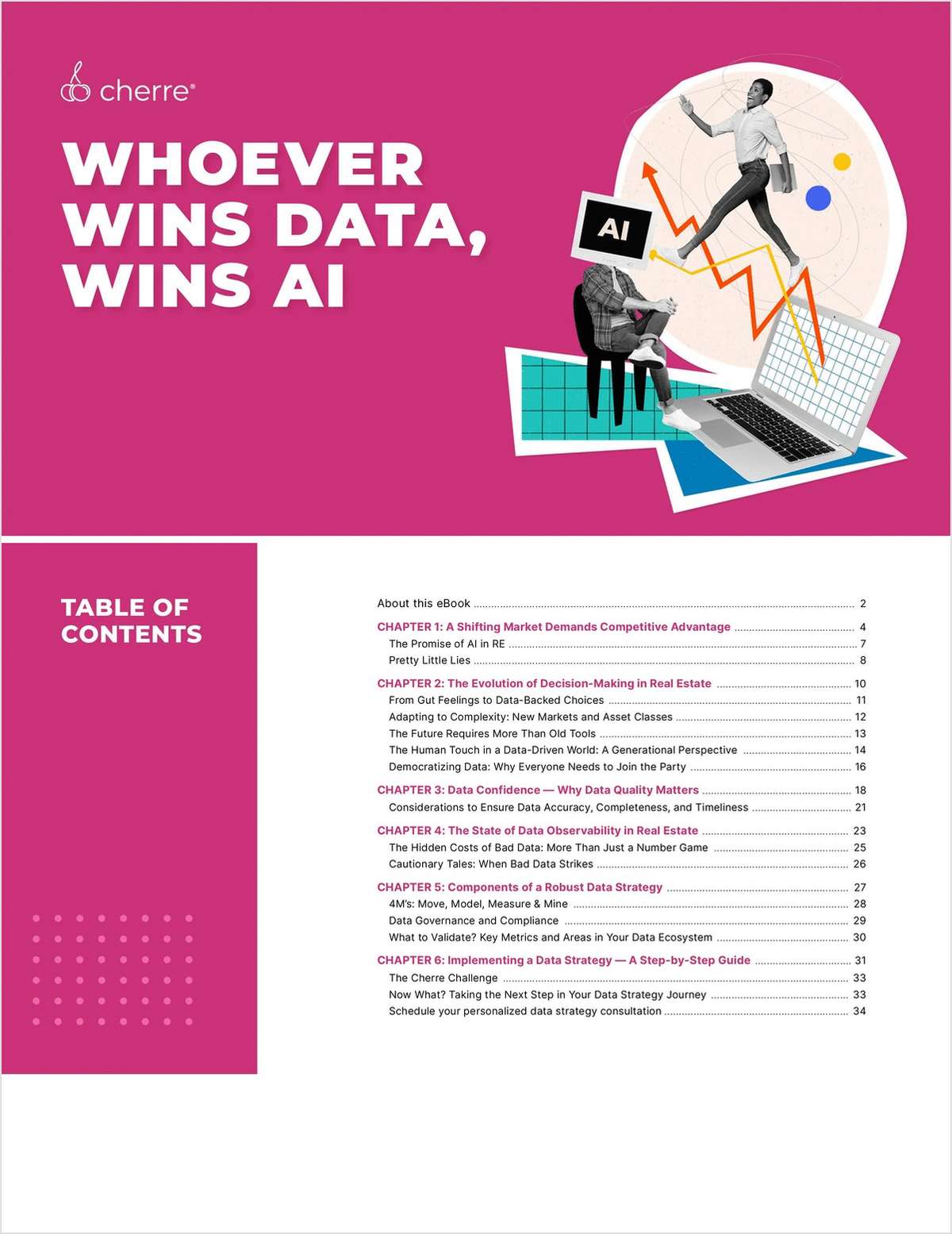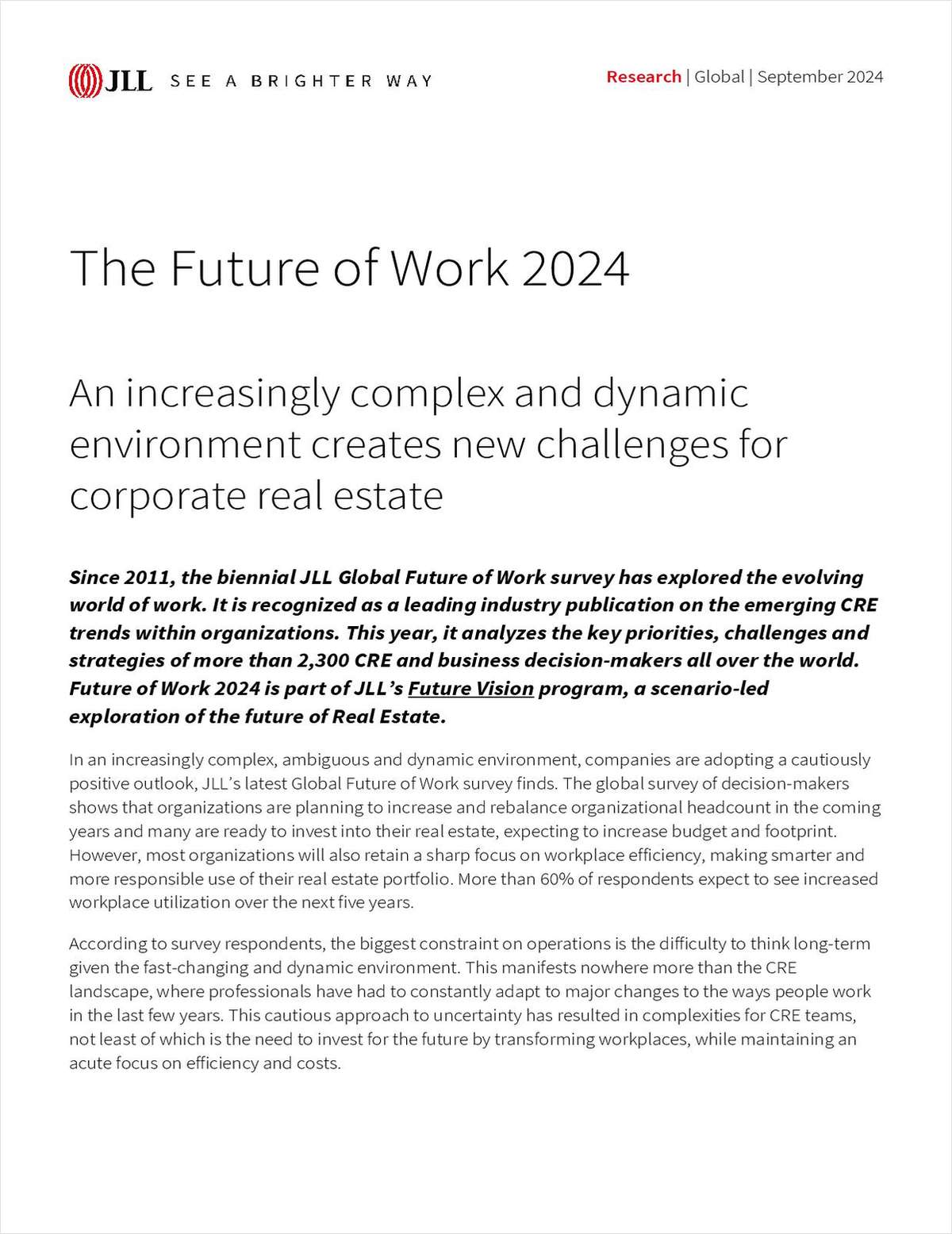 Traci Cipriano, JD, PhD, is a psychologist and former practicing attorney with a passion for promoting wellbeing, emotional intelligence and positive communication in the workplace. She is a member of the CBA Task Force on Lawyer Well-Being. Courtesy photo.
Traci Cipriano, JD, PhD, is a psychologist and former practicing attorney with a passion for promoting wellbeing, emotional intelligence and positive communication in the workplace. She is a member of the CBA Task Force on Lawyer Well-Being. Courtesy photo. Make a Commitment: The CBA Well-Being Pledge is Dedicated to Achieving Positive Change
Behavior and culture change are not easy to accomplish, and the CBA Well-Being Pledge is designed to promote internal commitment to achieving real, attainable goals.
January 12, 2022 at 02:40 PM
6 minute read
Best PracticesAs we transition from one year to the next, many people reflect on the past year and make resolutions for the coming 12 months. Nonetheless, while New Year's resolutions sound great in theory, they are highly likely end in failure. Reasons are related to the basis of the resolutions, their scope, and their implementation. New Year's resolutions tend to be rooted in an external time marking, broad and generalized, and not well thought out, as in, "Ok, it's 2022 and I am going to promote my well-being this year!" or "Our firm is going to focus on well-being this year!"
|More Than a Resolution: Make a Commitment
As you reflect on your personal and law firm goals for the new year, one thing you might consider is committing to the Connecticut Bar Association's Well-Being Pledge. Behavior and culture change are not easy to accomplish, and the Pledge was designed with this complexity in mind. The Pledge defines well-being broadly, embracing both individual and organizational components integral to the promotion of self-care and healthy work environments. At the same time, it is important to note that the Pledge itself is just the beginning, and one of many tools in your toolbox; it cannot possibly address all aspects of well-being.
This content has been archived. It is available through our partners, LexisNexis® and Bloomberg Law.
To view this content, please continue to their sites.
Not a Lexis Subscriber?
Subscribe Now
Not a Bloomberg Law Subscriber?
Subscribe Now
NOT FOR REPRINT
© 2024 ALM Global, LLC, All Rights Reserved. Request academic re-use from www.copyright.com. All other uses, submit a request to [email protected]. For more information visit Asset & Logo Licensing.
You Might Like
View All
Too Zealous? Advocacy Looks Different Now—6 Takeaways From Winning Litigators
5 minute read
Think About It: Being Better than AI Requires Contemplation

Preventing Painful Losses From Criminal Scams: Complacency Precedes Disaster

'There Is Going to Be Pushback': Personal Injury Lawyers Fire Back at Critic Over Pricing and Practices
4 minute readTrending Stories
- 1Bankruptcy Judge to Step Down in 2025
- 2Justices Seek Solicitor General's Views on Music Industry's Copyright Case Against ISP
- 3Judge to hear arguments on whether Google's advertising tech constitutes a monopoly
- 4'Big Law Had Become Too Woke': Why Bill Barr Moved On
- 5Manhattan U.S. Attorney Damian Williams Announces Resignation from Office
Who Got The Work
Michael G. Bongiorno, Andrew Scott Dulberg and Elizabeth E. Driscoll from Wilmer Cutler Pickering Hale and Dorr have stepped in to represent Symbotic Inc., an A.I.-enabled technology platform that focuses on increasing supply chain efficiency, and other defendants in a pending shareholder derivative lawsuit. The case, filed Oct. 2 in Massachusetts District Court by the Brown Law Firm on behalf of Stephen Austen, accuses certain officers and directors of misleading investors in regard to Symbotic's potential for margin growth by failing to disclose that the company was not equipped to timely deploy its systems or manage expenses through project delays. The case, assigned to U.S. District Judge Nathaniel M. Gorton, is 1:24-cv-12522, Austen v. Cohen et al.
Who Got The Work
Edmund Polubinski and Marie Killmond of Davis Polk & Wardwell have entered appearances for data platform software development company MongoDB and other defendants in a pending shareholder derivative lawsuit. The action, filed Oct. 7 in New York Southern District Court by the Brown Law Firm, accuses the company's directors and/or officers of falsely expressing confidence in the company’s restructuring of its sales incentive plan and downplaying the severity of decreases in its upfront commitments. The case is 1:24-cv-07594, Roy v. Ittycheria et al.
Who Got The Work
Amy O. Bruchs and Kurt F. Ellison of Michael Best & Friedrich have entered appearances for Epic Systems Corp. in a pending employment discrimination lawsuit. The suit was filed Sept. 7 in Wisconsin Western District Court by Levine Eisberner LLC and Siri & Glimstad on behalf of a project manager who claims that he was wrongfully terminated after applying for a religious exemption to the defendant's COVID-19 vaccine mandate. The case, assigned to U.S. Magistrate Judge Anita Marie Boor, is 3:24-cv-00630, Secker, Nathan v. Epic Systems Corporation.
Who Got The Work
David X. Sullivan, Thomas J. Finn and Gregory A. Hall from McCarter & English have entered appearances for Sunrun Installation Services in a pending civil rights lawsuit. The complaint was filed Sept. 4 in Connecticut District Court by attorney Robert M. Berke on behalf of former employee George Edward Steins, who was arrested and charged with employing an unregistered home improvement salesperson. The complaint alleges that had Sunrun informed the Connecticut Department of Consumer Protection that the plaintiff's employment had ended in 2017 and that he no longer held Sunrun's home improvement contractor license, he would not have been hit with charges, which were dismissed in May 2024. The case, assigned to U.S. District Judge Jeffrey A. Meyer, is 3:24-cv-01423, Steins v. Sunrun, Inc. et al.
Who Got The Work
Greenberg Traurig shareholder Joshua L. Raskin has entered an appearance for boohoo.com UK Ltd. in a pending patent infringement lawsuit. The suit, filed Sept. 3 in Texas Eastern District Court by Rozier Hardt McDonough on behalf of Alto Dynamics, asserts five patents related to an online shopping platform. The case, assigned to U.S. District Judge Rodney Gilstrap, is 2:24-cv-00719, Alto Dynamics, LLC v. boohoo.com UK Limited.
Featured Firms
Law Offices of Gary Martin Hays & Associates, P.C.
(470) 294-1674
Law Offices of Mark E. Salomone
(857) 444-6468
Smith & Hassler
(713) 739-1250










